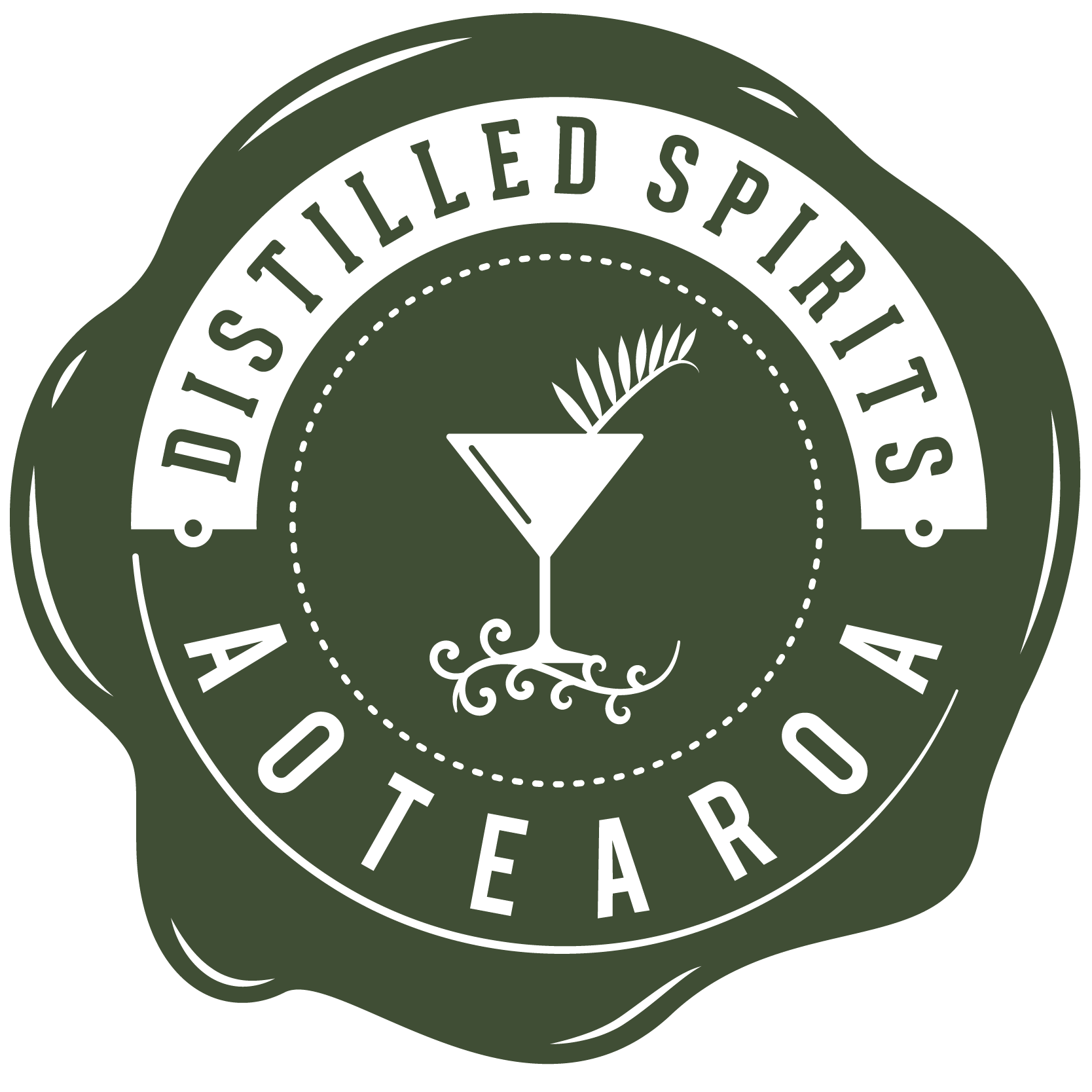What is Underinsurance
Put simply, underinsurance is when a policyholder has inadequate insurance cover for their needs. In the event of a claim this could mean a claim amount exceeding the maximum limit that can be settled by the insurance company. This could result in a shortfall for the policyholder, potentially leading to a serious financial loss for the organisation. Common areas of underinsurance are typically property, stock and contents, plant & equipment and business interruption all of which can be heavily impacted due to fire – distilling’s biggest risk exposure.
While underinsurance may be due to an oversight by a policyholder, it may also reflect action taken by the policyholder to reduce their premium by not declaring their sums insured accurately. Doing this not only increases the risk of financial loss, it can also void insurance cover altogether.
Underinsurance is prevalent in Aotearoa
Research shows that Aotearoa is significantly underinsured, with around 70% of New Zealanders likely to be underinsured and have inadequate protection (slightly less for commercial risks).
These statistics have even more relevance when you consider that a Lloyds of London report ranked NZ as the 2nd riskiest country in the world in relation to insurable natural events.
What Happens When You’re Underinsured
You can be underinsured if your policy has gaps or exclusions that leave you without coverage. Or it could be that your claim exceeds the maximum amount that the insurance policy can pay out. A lower-benefits policy may seem attractive because you pay lower monthly insurance premiums. But if the policy leaves you underinsured, then the loss arising from a claim may far exceed any marginal savings in insurance premiums.
Underinsurance can cause a serious financial crisis, depending on the asset that is insured and the extent of the shortfall in insurance.
Average Clause
Where a business is underinsured, the insurer can apply the average clause. This is a clause in the insurance policy stating that the policyholder must bear a proportion of any loss if assets were insured for less than their full replacement value. If the insurer finds the business has taken out inadequate insurance, it can reduce the settlement by the same percentage the asset is underinsured – so you may not get the pay-out you expect.
Typically, this is not commonly applied to insurance policies in New Zealand but given the prevalence of underinsurance it is starting to be applied by insurers and does appear in some contracts of insurance.
Common Pitfalls
Out-of-date valuations: If a property has not been professionally valued for insurance purposes there may be a shortfall in cover, even if the premises have not been altered or improved. If you have made alterations or extended the property, and/or changed its use then you should let your broker or insurer know as soon as these changes are made rather than waiting until your policy is due to be renewed.
Market value versus reinstatement costs: Another common oversight for business owners is to insure for the market value when the sum insured should be the rebuild cost. Not only can the market value fluctuate but it is not an accurate reflection of the total cost to rebuild the premises from scratch. While materials and labour are obvious considerations, you should also consider factors such as professional fees (architects, legal, planning), demolition or make-safe costs, and total fit-out costs. In some cases, there is also potential for rebuild planning permission to be refused – for instance where your site may now be deemed too close to a residential area built since your property was constructed.
Another accidental cause of underinsurance within business interruption policies is the confusion around the definition of profit.
Standard accounting says that gross profit is sales minus the costs of production but the insurance definition is different. Business interruption insurance generally defines gross profit as turnover less the cost of raw materials and other expenses directly variable with turnover. Therefore it needs to include wages & salaries within the sum insured.
After any large scale event one thing remains clear – those businesses that are adequately insured are the ones that survive and go on to prosper in the years that follow.
If you’d like advice on your business insurance, please contact Dan Szegota our Winery/Brewery/Distillery expert broker Dan@icib.co.nz Ph 027-681-4005.

